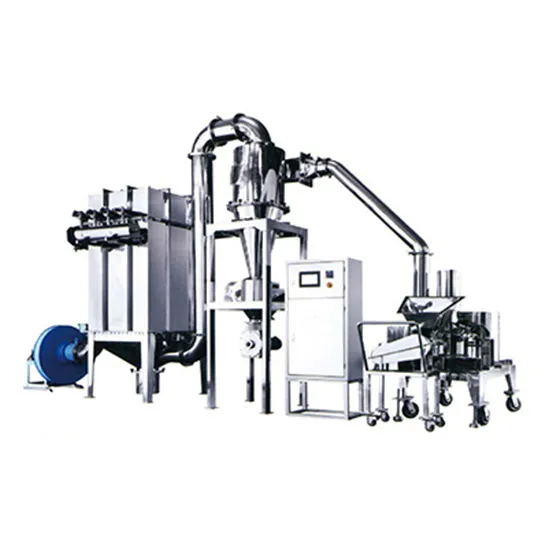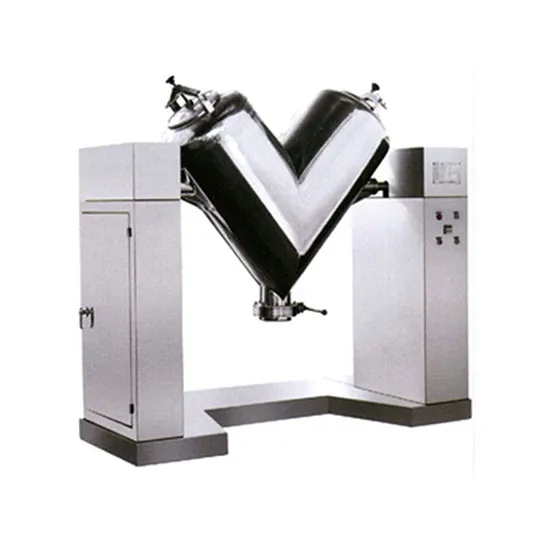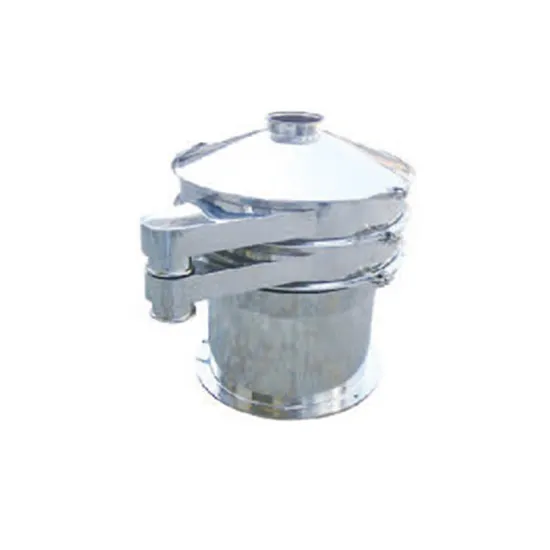NEWS
How to Choose the Best Cement Concrete Mixer for Your Construction Needs
Oct 26,2023
**Table of Contents**
1. Introduction
2. Understanding Your Construction Needs
3. Types of Cement Concrete Mixers
4. Capacity and Power Requirements
5. Portability and Mobility
6. Durability and Build Quality
7. Mixing Mechanism
8. Ease of Use and Maintenance
9. Safety Features
10. Budget Considerations
11. Frequently Asked Questions (FAQs)
12. Conclusion
## 1. Introduction
Choosing the right cement concrete mixer is crucial for any construction project. Whether you are a professional contractor or a DIY enthusiast, selecting a mixer that suits your specific needs can significantly impact the efficiency and quality of your work. In this guide, we will walk you through the key factors to consider when choosing the best cement concrete mixer for your construction needs.
## 2. Understanding Your Construction Needs
Before diving into the details of cement concrete mixers, it is essential to evaluate your construction requirements. Consider factors such as the scale of your projects, the type of materials you will be working with, and the frequency of use. This understanding will help you determine the necessary capacity, power, and other specifications for your mixer.
## 3. Types of Cement Concrete Mixers
There are primarily two types of cement concrete mixers: drum mixers and pan mixers. Drum mixers, also known as tilting mixers, consist of a rotating drum that mixes the materials. Pan mixers, on the other hand, have a stationary pan where the materials are mixed. Each type has its advantages and is suitable for different applications.
## 4. Capacity and Power Requirements
The capacity of a cement concrete mixer refers to the amount of material it can hold at once. It is crucial to choose a mixer with the appropriate capacity to match your project's requirements. Small-scale projects may only require a mixer with a capacity of 1-3 cubic feet, while larger-scale projects may need mixers with capacities exceeding 5 cubic feet.
Additionally, consider the power source of the mixer. Electric mixers are suitable for indoor projects and areas with easy access to power outlets, while gas-powered mixers offer greater mobility but may require proper ventilation.
## 5. Portability and Mobility
The portability of a cement concrete mixer is essential, especially if you frequently work on different job sites. Look for mixers with sturdy wheels or handles that allow for easy transportation. Some mixers even come with towing options for added convenience. Assess the weight and dimensions of the mixer to ensure it can be easily maneuvered on your construction site.
## 6. Durability and Build Quality
A high-quality cement concrete mixer should be built to withstand the demands of heavy use. Look for mixers constructed from durable materials such as steel or reinforced plastic. Consider the overall build quality, including the sturdiness of the frame, the reliability of the motor, and the thickness of the drum or pan.
## 7. Mixing Mechanism
The mixing mechanism of a cement concrete mixer determines the efficiency and consistency of the mixing process. Look for mixers with features such as multiple mixing blades or a dual-paddle system, as these can ensure thorough mixing and prevent the formation of clumps. Additionally, consider mixers with adjustable mixing speeds to accommodate different materials.
## 8. Ease of Use and Maintenance
A user-friendly cement concrete mixer can save you time and effort during your construction projects. Look for mixers with intuitive controls and clear instructions. Consider features such as a tilting drum or a locking mechanism that simplifies the loading and unloading process.
Maintenance is also an important aspect to consider. Opt for mixers with easily accessible parts, removable components, and straightforward cleaning procedures. This will ensure that your mixer remains in good condition and extends its lifespan.
## 9. Safety Features
Safety should always be a priority when working with cement concrete mixers. Look for mixers with safety features such as overload protection, emergency stop buttons, and protective covers for moving parts. Additionally, consider mixers with stable bases or anti-tip mechanisms to prevent accidents during operation.
## 10. Budget Considerations
While it is important to invest in a high-quality cement concrete mixer, it is equally crucial to consider your budget. Evaluate the features and specifications that are essential for your projects and compare prices from different manufacturers. Remember to factor in long-term maintenance costs and warranties when making your decision.
## 11. Frequently Asked Questions (FAQs)
Q1: What is the ideal capacity for a cement concrete mixer?
Q2: Can I use a cement concrete mixer for other materials such as mortar or grout?
Q3: How often should I perform maintenance on my cement concrete mixer?
Q4: Are electric mixers more cost-effective than gas-powered mixers?
Q5: Can I mix different types of aggregates with a cement concrete mixer?
## 12. Conclusion
Choosing the best cement concrete mixer for your construction needs requires careful consideration of various factors. By understanding your specific requirements and evaluating aspects such as capacity, power, portability, durability, and safety features, you can make an informed decision. Remember to prioritize quality and suitability over cost alone, as investing in a reliable mixer will ultimately enhance your construction projects' efficiency and results.
1. Introduction
2. Understanding Your Construction Needs
3. Types of Cement Concrete Mixers
4. Capacity and Power Requirements
5. Portability and Mobility
6. Durability and Build Quality
7. Mixing Mechanism
8. Ease of Use and Maintenance
9. Safety Features
10. Budget Considerations
11. Frequently Asked Questions (FAQs)
12. Conclusion
## 1. Introduction
Choosing the right cement concrete mixer is crucial for any construction project. Whether you are a professional contractor or a DIY enthusiast, selecting a mixer that suits your specific needs can significantly impact the efficiency and quality of your work. In this guide, we will walk you through the key factors to consider when choosing the best cement concrete mixer for your construction needs.
## 2. Understanding Your Construction Needs
Before diving into the details of cement concrete mixers, it is essential to evaluate your construction requirements. Consider factors such as the scale of your projects, the type of materials you will be working with, and the frequency of use. This understanding will help you determine the necessary capacity, power, and other specifications for your mixer.
## 3. Types of Cement Concrete Mixers
There are primarily two types of cement concrete mixers: drum mixers and pan mixers. Drum mixers, also known as tilting mixers, consist of a rotating drum that mixes the materials. Pan mixers, on the other hand, have a stationary pan where the materials are mixed. Each type has its advantages and is suitable for different applications.
## 4. Capacity and Power Requirements
The capacity of a cement concrete mixer refers to the amount of material it can hold at once. It is crucial to choose a mixer with the appropriate capacity to match your project's requirements. Small-scale projects may only require a mixer with a capacity of 1-3 cubic feet, while larger-scale projects may need mixers with capacities exceeding 5 cubic feet.
Additionally, consider the power source of the mixer. Electric mixers are suitable for indoor projects and areas with easy access to power outlets, while gas-powered mixers offer greater mobility but may require proper ventilation.
## 5. Portability and Mobility
The portability of a cement concrete mixer is essential, especially if you frequently work on different job sites. Look for mixers with sturdy wheels or handles that allow for easy transportation. Some mixers even come with towing options for added convenience. Assess the weight and dimensions of the mixer to ensure it can be easily maneuvered on your construction site.
## 6. Durability and Build Quality
A high-quality cement concrete mixer should be built to withstand the demands of heavy use. Look for mixers constructed from durable materials such as steel or reinforced plastic. Consider the overall build quality, including the sturdiness of the frame, the reliability of the motor, and the thickness of the drum or pan.
## 7. Mixing Mechanism
The mixing mechanism of a cement concrete mixer determines the efficiency and consistency of the mixing process. Look for mixers with features such as multiple mixing blades or a dual-paddle system, as these can ensure thorough mixing and prevent the formation of clumps. Additionally, consider mixers with adjustable mixing speeds to accommodate different materials.
## 8. Ease of Use and Maintenance
A user-friendly cement concrete mixer can save you time and effort during your construction projects. Look for mixers with intuitive controls and clear instructions. Consider features such as a tilting drum or a locking mechanism that simplifies the loading and unloading process.
Maintenance is also an important aspect to consider. Opt for mixers with easily accessible parts, removable components, and straightforward cleaning procedures. This will ensure that your mixer remains in good condition and extends its lifespan.
## 9. Safety Features
Safety should always be a priority when working with cement concrete mixers. Look for mixers with safety features such as overload protection, emergency stop buttons, and protective covers for moving parts. Additionally, consider mixers with stable bases or anti-tip mechanisms to prevent accidents during operation.
## 10. Budget Considerations
While it is important to invest in a high-quality cement concrete mixer, it is equally crucial to consider your budget. Evaluate the features and specifications that are essential for your projects and compare prices from different manufacturers. Remember to factor in long-term maintenance costs and warranties when making your decision.
## 11. Frequently Asked Questions (FAQs)
Q1: What is the ideal capacity for a cement concrete mixer?
Q2: Can I use a cement concrete mixer for other materials such as mortar or grout?
Q3: How often should I perform maintenance on my cement concrete mixer?
Q4: Are electric mixers more cost-effective than gas-powered mixers?
Q5: Can I mix different types of aggregates with a cement concrete mixer?
## 12. Conclusion
Choosing the best cement concrete mixer for your construction needs requires careful consideration of various factors. By understanding your specific requirements and evaluating aspects such as capacity, power, portability, durability, and safety features, you can make an informed decision. Remember to prioritize quality and suitability over cost alone, as investing in a reliable mixer will ultimately enhance your construction projects' efficiency and results.
More News










